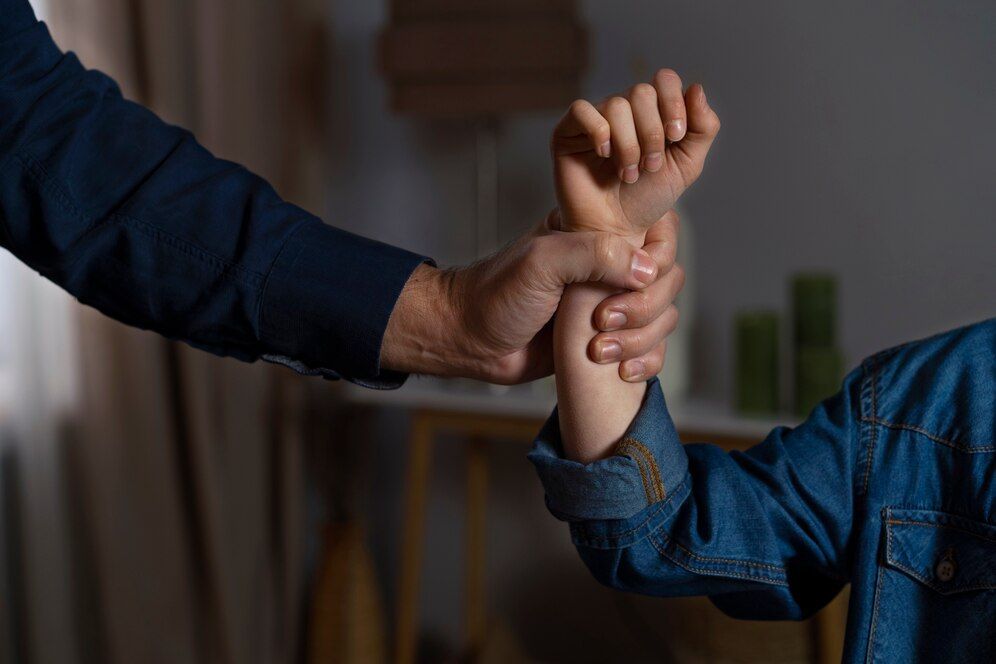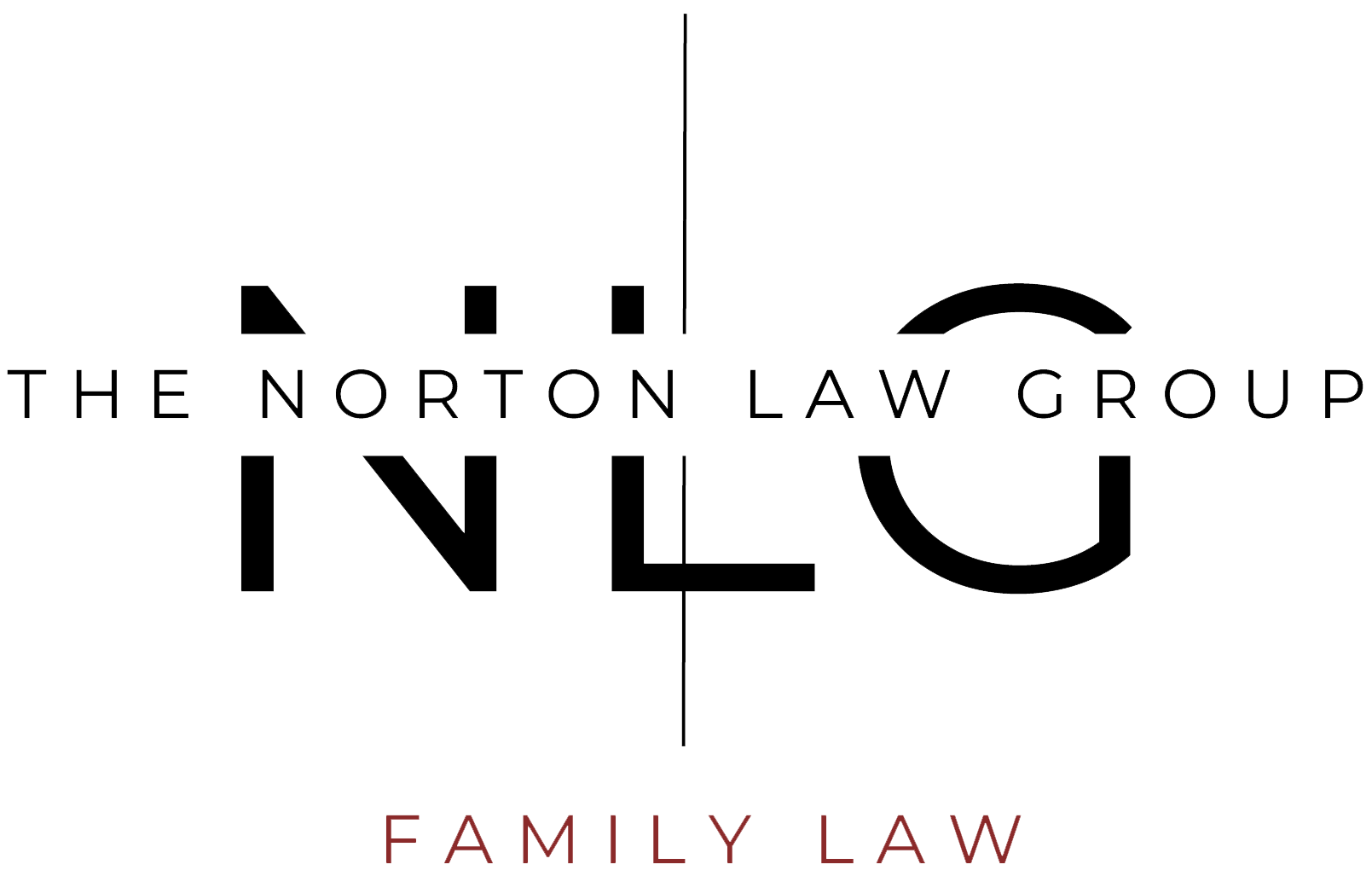Collaborative Practice – Family Law
What is Collaborative Practice?
Collaborative practice is an alternative to litigation which has become increasingly popular in family law. It is a mediation-like process whereby lawyers collaborate with skilled professionals from other disciplines, such as child psychologists and family counsellors, to assist in negotiation between the parties to a dispute. Litigation is a timely, costly, and stressful experience, and collaborative practices have developed to ease the burden on the legal system as well as promote effective communication between parties. Collaborative practice is an interest-based team approach rather than the adversarial right-based approach of litigation. The parties sign an agreement to not pursue litigation, and the lawyers involved agree to not promote the commencement of litigation. With fears of “winning” or “losing” behind the parties, they are more likely to reach a mutually serving agreement.
We work with a team of excellent professionals, including forensic accounting professionals, child specialists/counsellors and parenting coaches who all provide their guidance and input into resolving your family law matter.
Would it work for me?
Collaborative practice is not a “one-size-fits-all” approach, and your lawyer will determine the best dispute resolution pathway for your individual circumstances. Relevant factors to consider may be if there have been threats of, or actual, domestic violence, prevalence of severe psychological conditions and the client’s capacity to articulate their wishes clearly. It is also important to consider the relative levels of trust between the parties, and whether they would prefer to use court processes for discovery of documents. While these factors are not determinative, they may all be relevant in your lawyer’s determination of whether the process would be beneficial for you.
Issues that can be discussed include:
- Property settlement
- Child support
- Spousal Maintenance
- Ongoing parenting arrangements for children
- Relocation of children including international relocation
- Company restructures
- Any other issues that affect any member of the family arising either during the marriage or after separation
- Binding Financial Agreements
Can/will I still go to court afterwards?
If the process is violated, or the parties cannot resolve the dispute, the collaborative practice agreement is terminated. If one or both of the parties then chose to pursue litigation, the lawyers that previously advised the parties during the collaborative practice can no longer act on their behalf in litigation.
For further information:
- Australian Association of Collaborative Professionals: https://www.collaborativeaustralia.com.au
- Central Sydney Collaborative Forum: http://www.sydneycollablaw.com.au
If you would like to discuss the various methods of dispute resolution to resolve your matter, contact one of our specialist family lawyers today.







